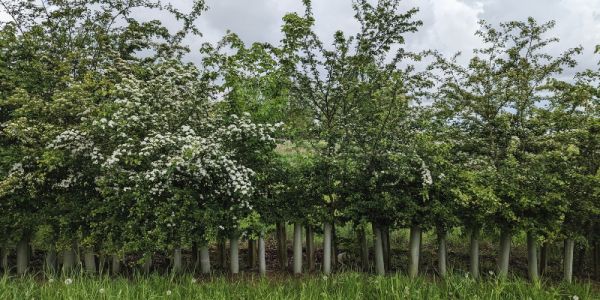
Making the net zero transition fair for workers
Ministers must work with unions to make the journey to net zero fair for workers, and guarantee good jobs for those leaving carbon heavy industries for a new green economy, say researchers.

Ministers must work with unions to make the journey to net zero fair for workers, and guarantee good jobs for those leaving carbon heavy industries for a new green economy, say researchers.

Meteorological experts and students are working together to improve early warnings of severe thunderstorms in Southern Africa.

Planting hedgerows increases soil carbon storage by almost half compared to nearby grassland – no matter where they are in the country – says new research.

Up to 41% of Britons holidaying abroad could travel by rail instead of air to cut down on carbon emissions, according to a new study by researchers at the University of Leeds.

A project to protect the world’s second largest area of tropical rainforest has received £9.1m from the Government.

Humans may have already caused 1.5 °C of global warming when measured from a time genuinely before the industrial revolution and the start of large-scale carbon emissions, according to new research.

Over three quarters of people believe climate change is a serious threat to the United Kingdom according to the results of a representative survey by researchers at the University of Leeds.

Pine martens have been reintroduced into woodland in South Cumbria thanks to a project involving researchers from the University of Leeds.

Researchers are to investigate whether the humble earthworm is being threatened by climate change and flooding here in the UK.

The global concentrations of one of the main air pollutants known to affect human health have been graphically illustrated for the first time by a team of scientists.